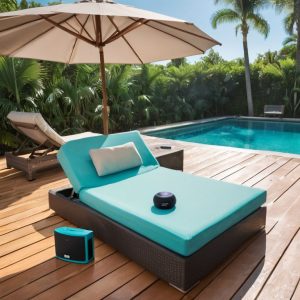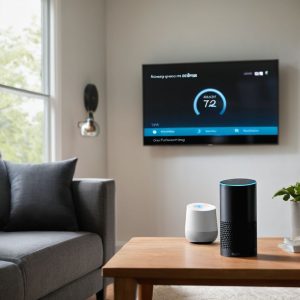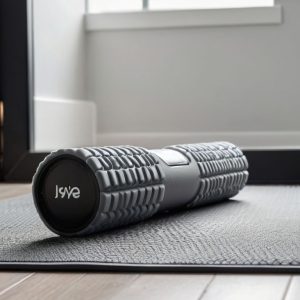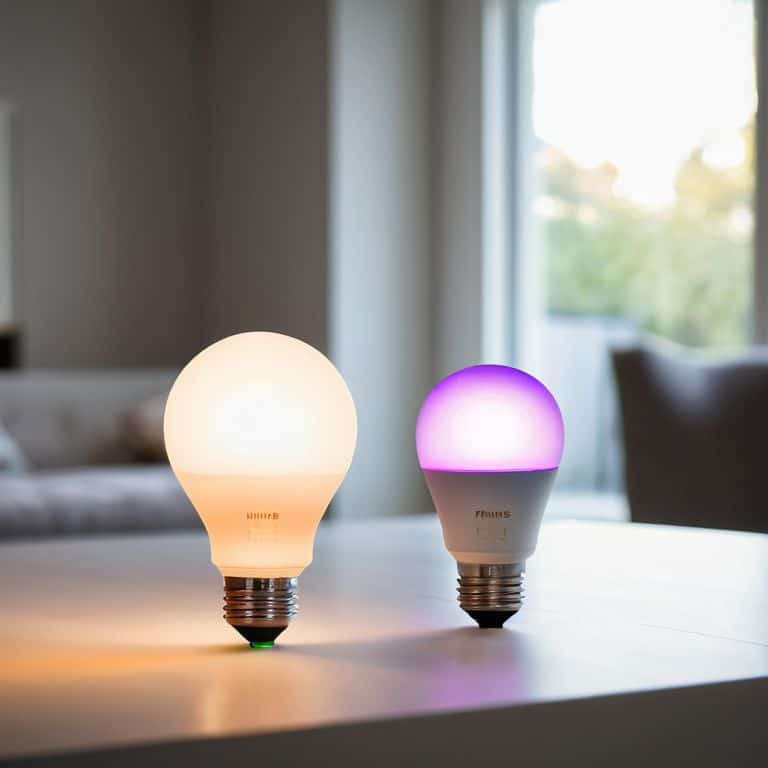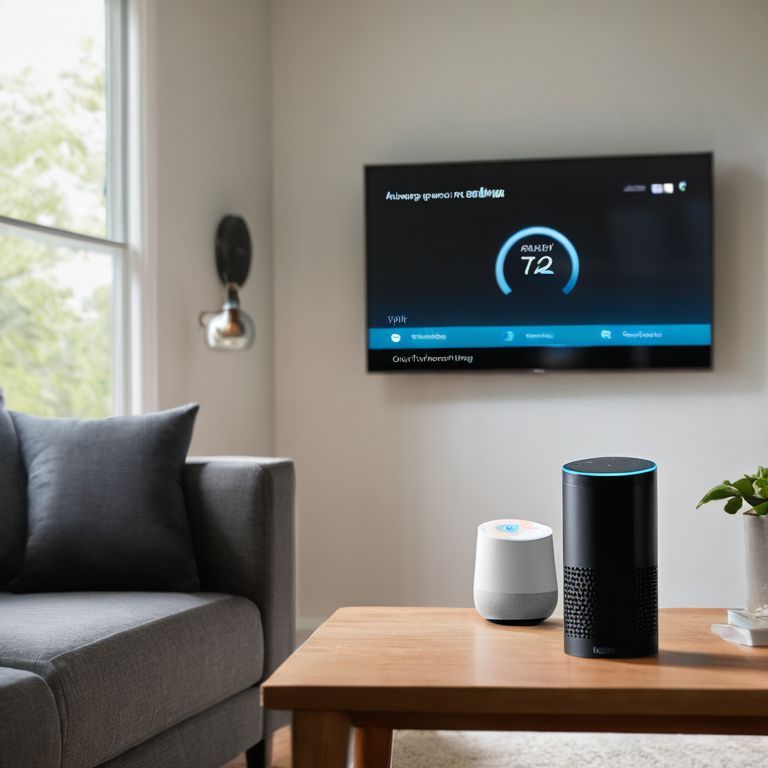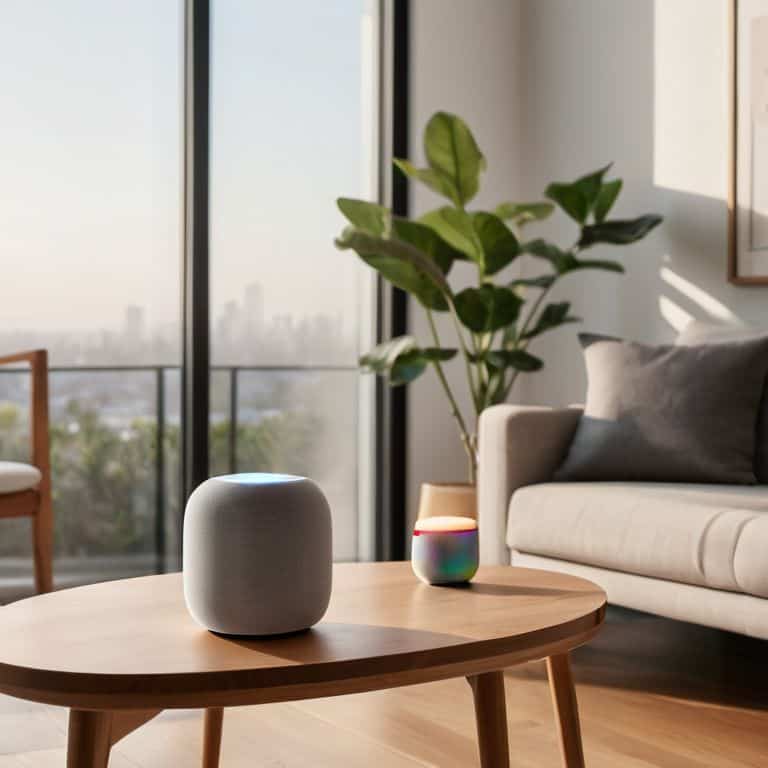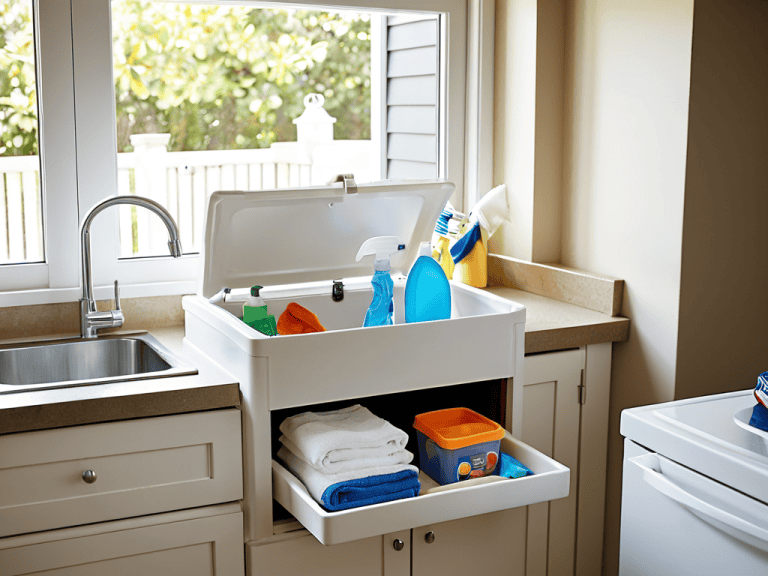I still remember the days when I was deciding between philips hue vs lifx smart bulbs for my own smart home setup. It was overwhelming, to say the least, with all the reviews and comparisons out there. But what I really needed was a straightforward, no-nonsense guide to help me make a decision. I didn’t want to spend hours reading about features and specs – I just wanted to know which one would make my life easier. As I delved deeper into the world of smart lighting, I realized that the choice between these two popular options wasn’t just about the bulbs themselves, but about how they would integrate into my existing smart home system.
In this article, I’ll share my personal experience with both Philips Hue and LIFX smart bulbs, and provide you with a clear and honest comparison of the two. I’ll cut through the hype and give you the lowdown on which one is best for your specific needs, whether you’re a smart home newbie or a seasoned pro. My goal is to make your decision-making process easier, and to show you how to create a seamless smart home experience that just works. So, if you’re ready to ditch the confusion and find the perfect smart bulbs for your home, let’s dive in and explore the world of philips hue vs lifx smart bulbs.
Table of Contents
Philips Hue
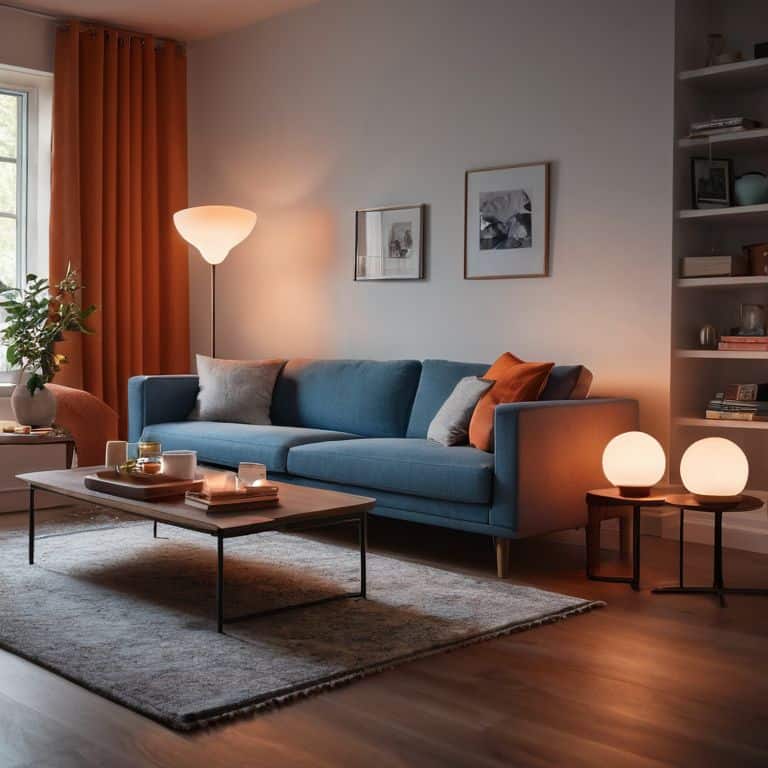
Philips Hue is a smart lighting system that uses wireless connectivity to control and automate lighting in your home, with its core mechanism relying on the Zigbee protocol to communicate between bulbs and the main hub, making it a top choice for those seeking a seamless smart home experience. Its main selling point is the ability to customize lighting scenes and schedules, allowing for a high degree of control over your home’s ambiance. The Philips Hue system is also known for its wide range of compatible devices, making it easy to integrate with other smart home products.
As someone who’s passionate about creating a truly smart home, I can attest that Philips Hue bulbs have been a game-changer for me. Being able to adjust the lighting to match my mood or activity has been a revelation – whether I’m watching a movie, reading a book, or just relaxing with family, the right lighting can completely transform the experience. I’ve set up custom scenes for different times of the day, and it’s amazing how much of a difference it makes in creating a cozy and inviting atmosphere. With Philips Hue, I can focus on living my life, not fiddling with light switches.
LIFX
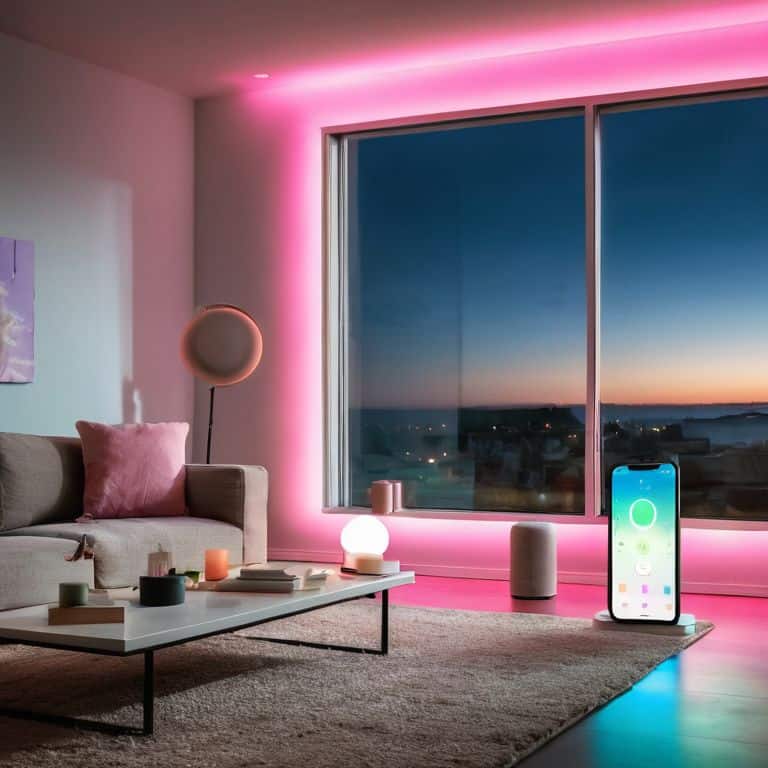
LIFX is a Wi-Fi enabled smart lighting system that doesn’t require a hub to operate, using direct internet connectivity to control and automate lighting in your home, with its main selling point being the ease of setup and use. The LIFX system is known for its bright and vibrant colors, making it a great choice for those who want to add some personality to their smart home. With LIFX, you can control your lights from anywhere, as long as you have an internet connection.
I’ve had the chance to play around with LIFX bulbs, and I have to say, I’m impressed by their energy efficiency and long lifespan. One of the things that really stands out to me is the simplicity of the LIFX app, which makes it easy to schedule and automate your lighting. Whether you’re looking to save energy or just want to add some ambiance to your home, LIFX is definitely worth considering. I’ve found that the LIFX system is particularly well-suited for outdoor lighting, where the weather resistance and bright colors really make a big impact.
Philips Hue vs LIFX Smart Bulbs: Head-to-Head Comparison
| Feature | Philips Hue | LIFX |
|---|---|---|
| Price | $15-$25 | $25-$35 |
| Key Feature | Color changing, Hub required | Color changing, Hub not required |
| Best For | Large smart home setups | Small to medium smart home setups |
| Brightness | 800 lumens | 1100 lumens |
| Color Temperature | 2000K-6500K | 1500K-6500K |
| Compatibility | Apple HomeKit, Alexa, Google Assistant | Apple HomeKit, Alexa, Google Assistant |
| Energy Consumption | 9W | 11W |
Philips Hue vs Lifx Smart Bulbs
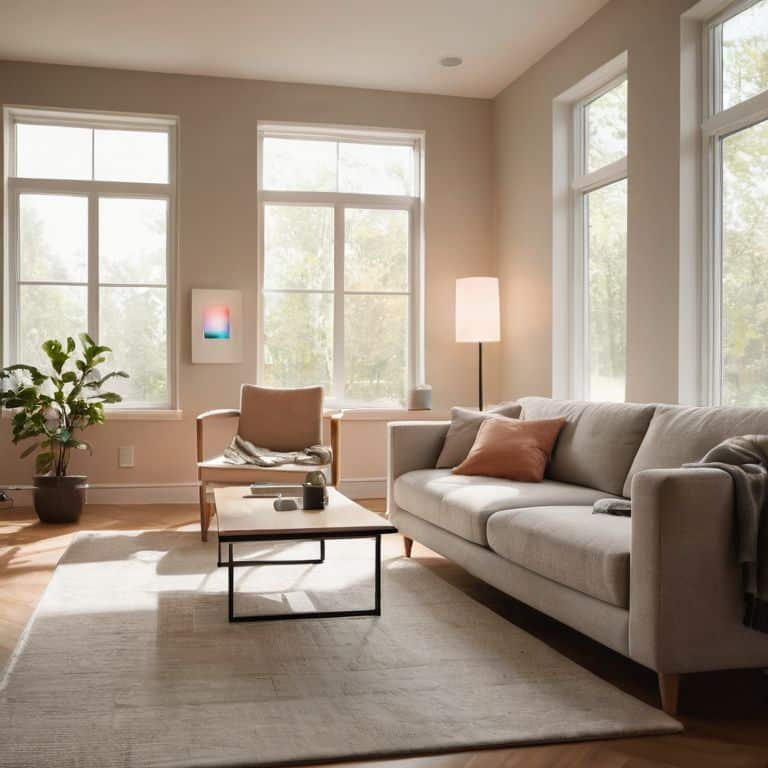
When it comes to seamless integration, the choice between Philips Hue and LIFX smart bulbs can make or break the smart home experience. This criterion matters because it determines how easily these bulbs can be controlled and automated with other devices, making it a crucial factor in deciding which brand to choose.
In a head-to-head analysis, Philips Hue smart bulbs have a more established ecosystem, with a wider range of compatible devices and platforms. This makes it easier to integrate them into an existing smart home setup. On the other hand, LIFX smart bulbs focus on simplicity and ease of use, with a more straightforward approach to connectivity and control.
While both brands have their strengths, Philips Hue takes the lead in this category due to its broader compatibility. This means that users can enjoy a more streamlined experience, with easier automation and control of their smart bulbs. Overall, Philips Hue is the clear winner when it comes to seamless integration, making it the better choice for those looking to create a cohesive smart home system.
Key Takeaways: Simplifying Your Smart Bulb Choice
I’ve found that Philips Hue smart bulbs offer more seamless integration with a wider range of smart home systems, making them a great choice if you’ve already invested in a particular ecosystem
LIFX smart bulbs, on the other hand, impress with their vibrant colors and higher lumen output, which can be a game-changer for ambiance and overall lighting needs in your smart home setup
Ultimately, whether you choose Philips Hue or LIFX, the goal is to create a smart home that feels intuitive and automated – so consider your specific needs, from voice control to scheduling, to make the most out of your smart bulbs
The Smart Choice
The real magic happens when you choose smart bulbs that seamlessly integrate into your home’s rhythm, and for me, it’s all about finding that perfect balance between innovation and simplicity – that’s why I’m excited to share my thoughts on Philips Hue vs LIFX smart bulbs!
Jenna Gable
The Final Verdict: Which Should You Choose?
After comparing the Philips Hue and LIFX smart bulbs, it’s clear that both options offer a range of benefits, from energy efficiency to seamless integration with other smart devices. However, the key differences lie in their compatibility, color range, and pricing. Philips Hue is known for its wide compatibility with various smart home systems, while LIFX offers a more affordable option with a similar range of features. Ultimately, the choice between the two will depend on your specific needs and preferences.
So, who comes out on top? For users who value ease of use and are already invested in a particular smart home ecosystem, Philips Hue might be the better choice. On the other hand, users who prioritize budget-friendliness and don’t mind a more straightforward, app-based control system might find LIFX to be the better option. As for me, I recommend Philips Hue for its wide compatibility and sleek design, but LIFX is definitely a strong contender for those looking for a more affordable, yet still feature-rich, smart lighting solution.
Frequently Asked Questions
Which smart bulb brand is more compatible with my existing smart home devices?
For seamless integration, I recommend Philips Hue – it works effortlessly with a wide range of smart home systems, including Alexa, Google Home, and Apple HomeKit, making it a great choice if you already have these devices in your home.
Can I use both Philips Hue and LIFX smart bulbs together in the same automated scene?
Absolutely, you can mix and match Philips Hue and LIFX smart bulbs in the same scene. I do it all the time in my own home. Just make sure you’re using a hub or platform that supports both brands, like Samsung SmartThings or Apple HomeKit, and you’re good to go!
How do the color temperatures and brightness levels of Philips Hue and LIFX smart bulbs compare?
When it comes to color temperatures and brightness levels, both Philips Hue and LIFX offer a range of options. Philips Hue bulbs have a color temperature range of 2000K-6500K and can reach up to 800 lumens, while LIFX bulbs have a range of 2500K-9000K and can reach up to 1100 lumens, giving you more flexibility in tailoring the lighting to your needs.

